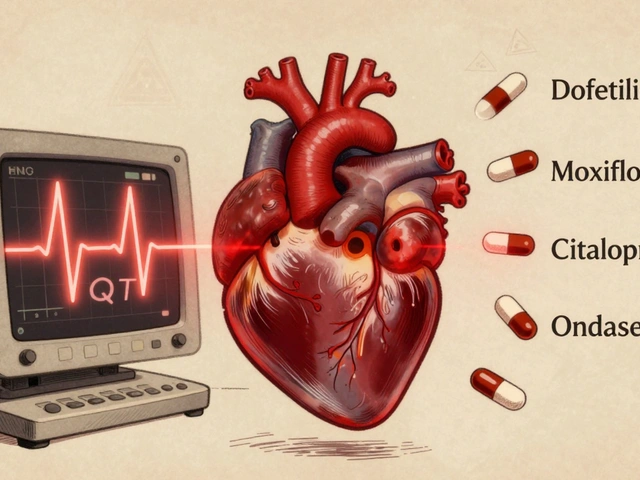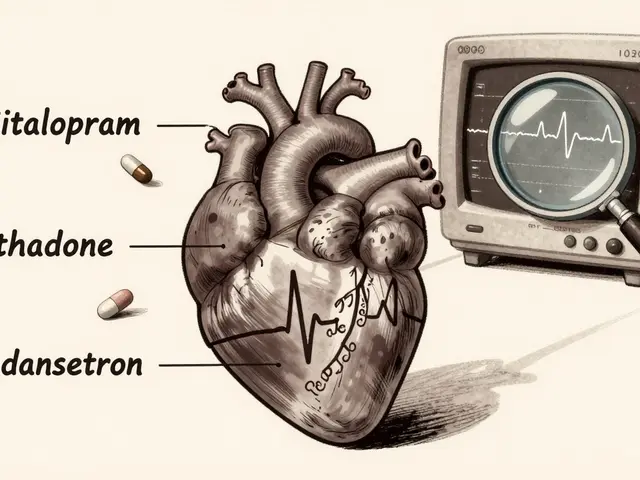Weight management: what actually helps (and what only looks like progress)
Quick fixes sell well: diuretics, trendy peptides, and miracle supplements promise fast change. Some of those tools move numbers on a scale, but they don’t always change body composition, health, or long-term results. Here’s straightforward, useful guidance on what helps you lose fat, build muscle, or control weight safely—without the hype.
Medications and supplements: how they fit
Medications can help, but they’re not magic. Diuretics like Lasix remove water, not fat—useful if fluid retention is the issue, but expect the weight to return once fluid balances normalize. Cholesterol or diabetes drugs (we cover Sitagliptin alternatives and bempedoic acid) affect metabolism or heart health, not direct fat loss for most people. Peptides and supplements may assist muscle gain or appetite control, but safety, dosing, and legality vary—see our "Buy Peptides Online" and safety guides before trying them.
Two practical rules: 1) Talk to your clinician before starting any drug or supplement. 2) Watch for interactions—grapefruit and other citrus fruits can change how many meds work, and that can affect weight, energy, or lab results.
Daily habits that move the needle
Small, consistent changes beat dramatic one-off diets. Aim for a steady calorie pattern: modest deficit for fat loss (about 0.5–1% body weight per week is realistic) or a slight surplus with strength training for muscle gain. Prioritize protein—around 1.2–2.0 g/kg of body weight if you’re training—because it preserves muscle while you lose fat.
Strength training matters more than endless cardio. Lifting maintains or builds muscle, which improves how you look and helps long-term metabolism. Sleep and stress management are often overlooked: poor sleep raises hunger hormones and makes cravings worse. Track progress with photos, measurements, and how clothes fit—scales lie.
Meal choices don’t have to be perfect. Pick whole foods most of the time, keep snacks reasonable, and plan for treats. If you struggle with appetite, discuss medical options with a provider instead of chasing unproven supplements online.
When considering online purchases, use caution. We have guides about buying meds safely online—look for verifiable pharmacy credentials, clear contact info, and a requirement for prescriptions when appropriate. Avoid sites with aggressive discounts and no pharmacist access.
Finally, set clear short-term goals (weekly check-ins) and one realistic long-term goal. Expect plateaus and have a plan: tweak calories, change workouts, or consult your clinician. Weight management is not one thing—it’s a few reliable habits plus smart medical support when needed. Do those consistently, and you’ll get sustainable results without unnecessary risks.

Ivabradine and Weight Management: Can It Help Heart Patients Lose Weight?
In my recent blog post, I explored the potential benefits of Ivabradine for heart patients struggling with weight management. Ivabradine, a medication primarily used to treat certain heart conditions, has shown promising results in helping patients lose weight. While more research is needed to fully understand its effectiveness, preliminary studies suggest that it could offer a promising solution for heart patients looking to maintain a healthy weight. As always, it's essential to consult with a healthcare professional before making any changes to your medication or weight loss plan. Stay tuned for more updates on this fascinating topic!
Read More




